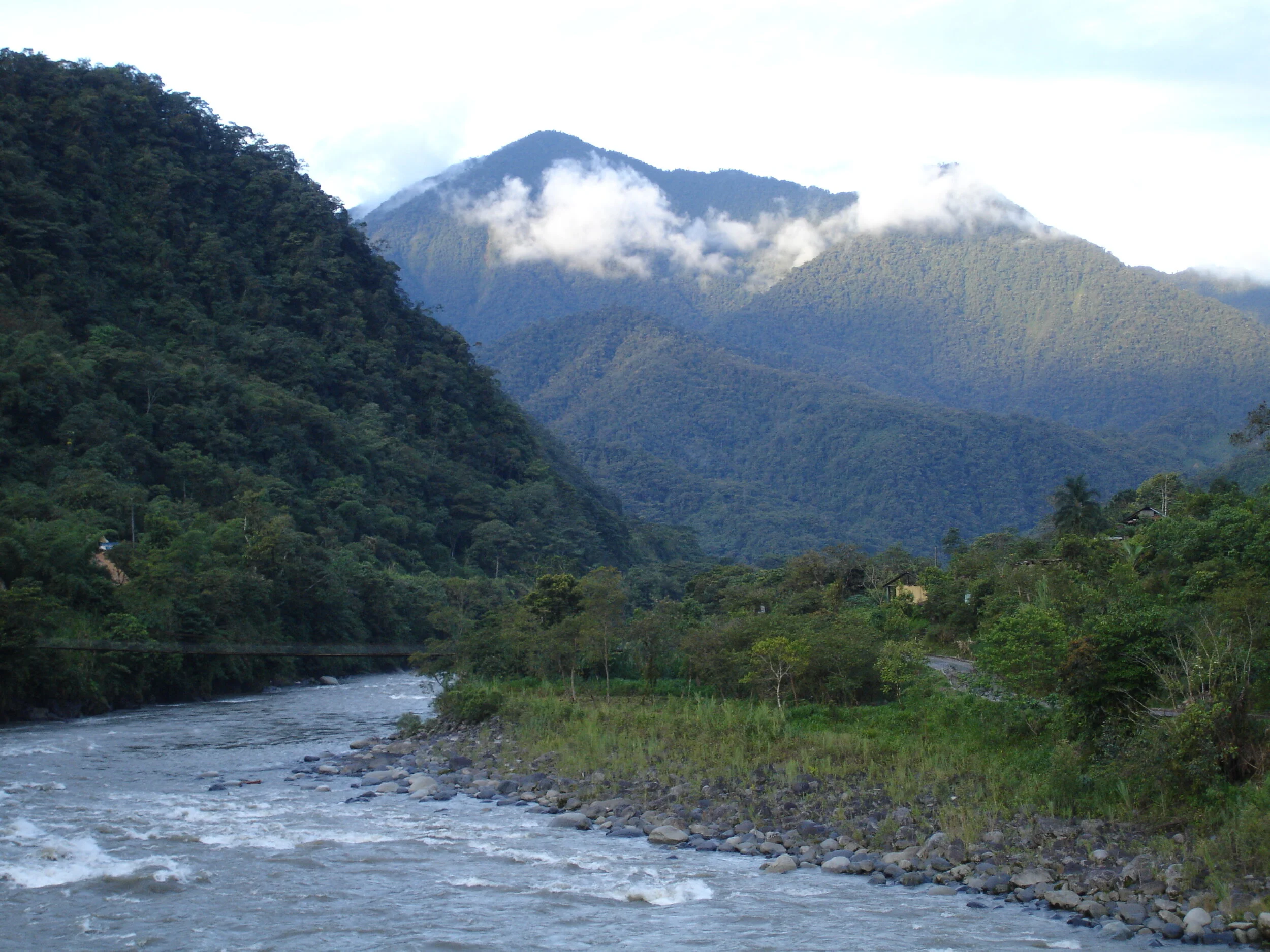
Featured geographies
Amazon Riverscapes
Our team’s work in the Amazon integrates ecological science with community knowledge to support the conservation of freshwater systems and livelihoods. In Colombia and Peru, we partner with riparian and Indigenous fishing communities to document social-ecological rhythms, map community assets, and analyze how governance frameworks align with local needs. We study flooding patterns, forest change, and the economic value of floodplain ecosystems in the Western Amazon, while also examining fisheries management and conservation challenges along the Triple Frontier of Peru, Colombia, and Brazil. Across these efforts, we highlight the knowledge and practices of local communities as vital to sustaining Amazonian waters and ecosystems.
South Florida Ecosystems
Many of our team members are tackling research here on our own front door! Our team’s work in South Florida focuses on the relationships between people, wildlife, and waterways in urban and natural settings. We study community perceptions of non-native species, evaluate long-standing fisheries monitoring methods, highlight the role of local fishing practices in urban rivers, and map the diverse stewardship networks caring for Miami’s waterways. Together, these projects aim to elevate social-ecological perspectives to support more inclusive and sustainable management across the region.
East African Waters
In the past, our lab has played an active role in freshwater conservation science in East Africa. Following Tanzania’s 2002 reforms that recognized ecosystem needs as a priority in water allocation we contributed to environmental flow assessments (EFAs) for major rivers including the Mara, Wami, and Ruvu. Our work focused on developing our scientific understanding of freshwater ecosystems, their biodiversity, and the ways in which local communities can contribute to their protection in East African waters. In the Mara River Basin, which is shared between Kenya and Tanzania and home to iconic landscapes like the Serengeti and Masai Mara, we have helped shift research to the Tanzanian side of the basin, where research had been limited due to a focus on the Kenyan side. There, our collaborations have focused on identifying and supporting local strengths such as kinship networks, reciprocity, sacred forests, traditional water management practices, and international cooperation as vital assets for sustaining watershed health and conservation.


